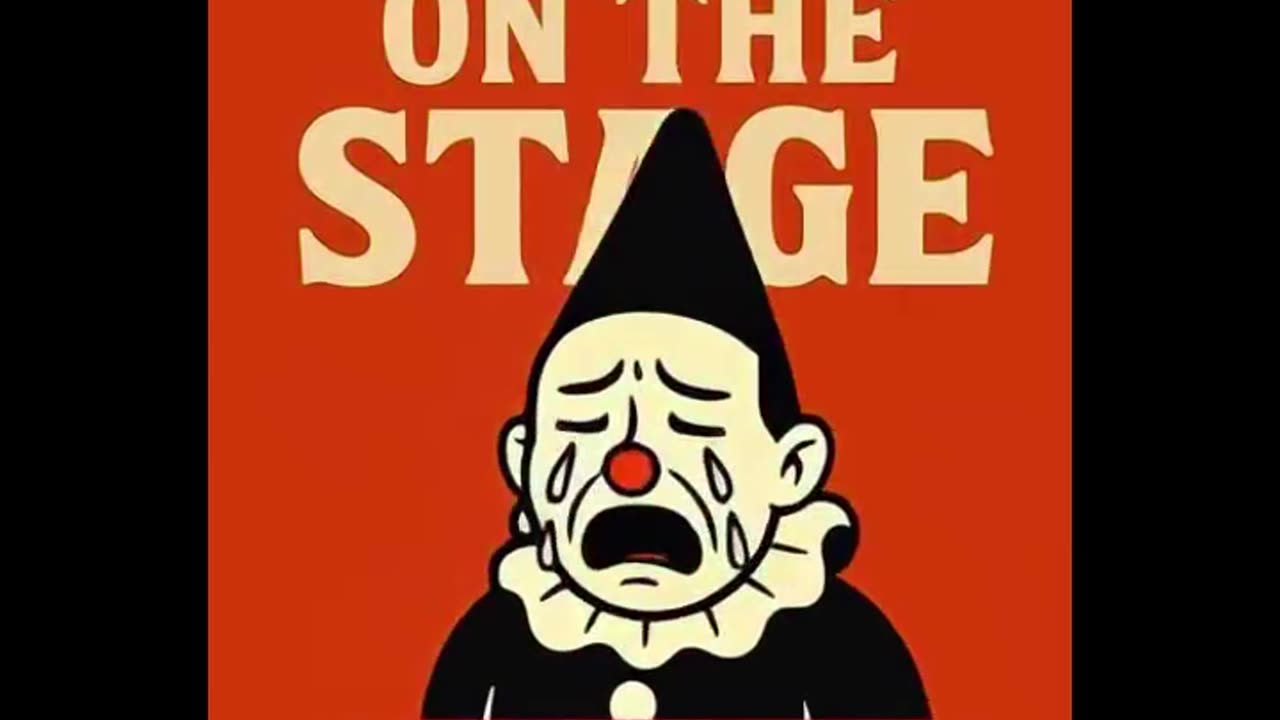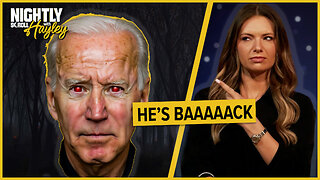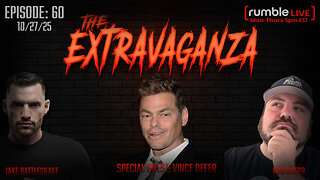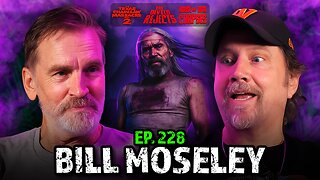Premium Only Content

Fool On The Stage.
Making a Fool of Yourself, and Then Crying Foul.
The internet, and YouTube in particular, has become a stage for all kinds of human expression — from talent and insight to ego, blunders, and outright foolishness. With one click of the "upload" button, people broadcast themselves to a global audience. This exposure can be exhilarating when content is well-received, but devastating when the reaction is ridicule.
All too often, individuals willingly step into the spotlight by saying or doing something spectacularly foolish. They rant incoherently, spout half-baked conspiracy theories, boast about achievements that are clearly fabricated, or launch tirades against imaginary enemies. Inevitably, the wider audience reacts. People stop, stare, point their fingers, and laugh. After all, human nature is drawn to spectacle. A fool performing on the digital stage cannot reasonably expect the crowd to sit silently, nodding politely.
But here’s the irony: when the laughter begins, when the comment sections fill with mockery, the fool frequently pivots into the role of the victim. Suddenly, the very audience they tried to impress is framed as hostile. Instead of owning their words or behaviour, they cry foul. They insist that criticism is harassment, that ridicule is bullying, and in extreme cases, they go running to the police or platform moderators demanding protection.
This creates a paradox of responsibility. On one hand, online communities should not descend into cruelty or mob behaviour — no one deserves targeted abuse. On the other hand, those who voluntarily parade their foolishness in front of the public cannot act surprised when the public reacts with laughter. It is the digital equivalent of standing on a busy high street in a clown suit, shouting nonsense through a megaphone, and then demanding sympathy when passers-by chuckle.
What this exposes is a deeper issue of accountability. YouTube has blurred the line between private thought and public performance. Many creators seem to forget that once you hit “publish,” your content is not whispered to a friend in confidence — it is broadcast to the world. If your material is foolish, the world will judge it as such. And if you present yourself as a fool, the crowd will treat you like one.
The lesson is simple: if you cannot handle laughter, do not behave foolishly in public. If you want respect, produce content that deserves respect. And if you make a mistake — which everyone does — own it, laugh at yourself, and MOVE ON. Because the moment you start crying foul, demanding protection from the very ridicule you provoked, you only confirm the audience’s verdict: that you are indeed the fool on the stage.
-
 1:00:08
1:00:08
BonginoReport
3 hours agoDark Brandon Returns - Nightly Scroll w/ Hayley Caronia (Ep.164)
29.4K31 -
 49:24
49:24
Donald Trump Jr.
4 hours agoPeter Navarro Went to Prison So You Won't Have to | TRIGGERED Ep,286
16.2K33 -
 LIVE
LIVE
Nerdrotic
12 hours agoNerdrotic at Night 528
386 watching -
 1:16:12
1:16:12
Kim Iversen
3 hours agoTrump Might Actually Run For A THIRD Term?! | Turbo Cancers Are Rising—Media Pretends It’s Fine
50.1K55 -
 1:09:38
1:09:38
TheCrucible
2 hours agoThe Extravaganza! EP: 60 with Special Guest: Vince Offer (10/27/25)
63.2K6 -
 1:04:18
1:04:18
Candace Show Podcast
4 hours agoCharlie's Angels Or Demons? Disturbing Footage Emerges. | Candace Ep 252
58.7K224 -
 LIVE
LIVE
Quite Frankly
6 hours agoThe Forest King, NPC Nation, Calls & EXTRAS | Lubomir Arsov 10/27/25
475 watching -
 LIVE
LIVE
The Mike Schwartz Show
2 hours agoTHE MIKE SCHWARTZ SHOW Evening Edition 10-27-2025
165 watching -
 13:53
13:53
Tundra Tactical
3 hours agoGlock Apocalypse - Tundy Meme Review
11.1K1 -
 1:29:56
1:29:56
Jamie Kennedy
16 hours agoThe Macabre Mind of Bill Moseley: Horror, Philosophy & the Spirit of Darkness| Ep 228 HTBITY
3.13K1